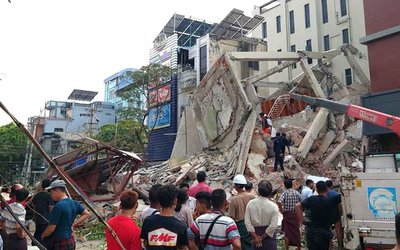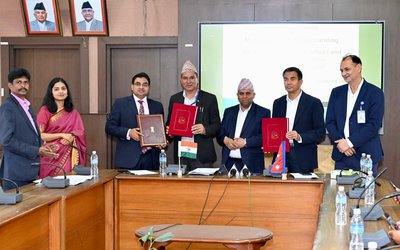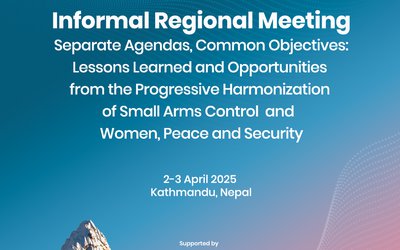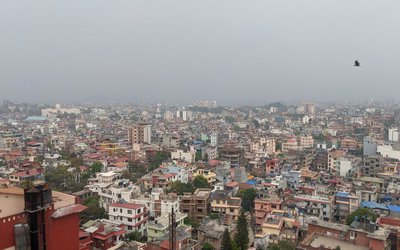
Even as the economist-prime minister Manmohan Singh and the country's treasury-in-charge P. Chidambaram try to put up a brave face, the Rupee's continuous losing streak has put the Indian economy in a tight spot. The crisis triggered by the return of foreign investment by the billions has led the currency of one of the emerging economies to hit a historic low. The stock prices have plummeted too.
Coinciding with the trouble in the biggest economy of South Asia, crisis of sorts has hit East Asia as well. The hardest hit has been the biggest economy of South East Asia. Indonesia has felt the heat the most. Jakarta's stock fell by 20 percent in the last three months and the rupiah by 10 percent.
Analysts say India faces a far more difficult road ahead than its South East Asian counterpart. With general elections approaching reforms will be tough to implement. Instead, the situation risks of getting aggravated. The Food Security Bill, for instance, provides for a multi-trillion rupee subsidy in feeding the poor. The Bill may boost chances of winning the votes, but it could also ruin the economy in the long run by virtue of a ballooning budget deficit and inflation.
But vote politics have clearly gained precedence over the hard economics. As the parliament debated the government-sponsored Food Security Bill the opposition struggled to oppose it but sought to extract some political capitals out of it by proposing amendments. The bill went through in the lower house and was expected to face no major hurdles in the upper house despite the governing coalition not having the comfortable numbers to get it passed.
The bill has come barely three months before the National Capital Region (NCR) goes to elections in three months -- just ahead of a national elections. Election is in the air in the Indian capital New Delhi. The Delhi results could give crucial indicators of the things to come when the largest democracy goes to the vote early next year.
The Congress which is in its third consecutive term finds itself in deep water this time around. Apart from the flak it received over the law and order situation especially in the wake of the global headline-grabbing gang rape of a 23-year-old last December, the party has had to face no less flak for rising food prices and rising electricity rates. ‘The inflation has hit the common people very hard. It has become increasingly difficult to survive here’, says one Delhi local. Chief Minister Sheila Dixit is clearly on the back foot.
The main opposition Bharatiya Janata Party does not stand on a sound footing either. It has understandably made the rising inflation and poverty as its major election plank. But contrary to the Congress rule under an unchanged leadership of Sheila Dixit over the past 15 years, the preceding BJP rule was marred by inefficient and inept governance with the shuffling of the man on the top chair three times in five years.
There has been a new entrant into the Delhi politics last year. Both the BJP and Congress face stiff competition from the newly formed Aaam Aadmi Party (AAP). The party formed by bureaucrat- turned- politician Arvind Kejriwal, has been picking up momentum thanks to its agendas of clean politics and campaigns against corruption. The party does not have any political history or experience might find it difficult to stand against the big stalwarts, but it is banking on public apathy to the big parties hopes to give a tough competition with public support. Unlike its counterparts, the party has been selecting candidates for the election from the public through a candidate selection process. But it's not going to be an easy walk for AAP. Even if it shocked the big parties and sprung to the hot seat of power in the National Capital Region it will have a tough nut to crack in fulfilling the expectations of the people.
Taming the rising prices of the essential commodities especially food and giving relief to the people would be the biggest challenge to any party emerging winners in the New Delhi legislative elections. The same would apply to the party/parties seeking to score in the national elections five months later. But the national economy showing little potentials of maintaining the robust growth it witnessed over the past two decades, the road ahead is by no means smooth for the Indian economy. Even if its counterparts in the East rebound as they did in the late 90s, the biggest economy of South Asia looks set for a long ordeal.
- Ukrainian Crisis And The World (Dis)Order
- Apr 22, 2022
- China’s Cautious Steps In The Graveyard Of Empires
- Aug 18, 2021
- Foreign Aid On The Fence!
- Aug 08, 2021
- Communist Party of China centenary celebrations Reading between the lips
- Jul 14, 2021
- Second Wave Of Covid-19 In India: Deadly Blow To The Economy
- Jun 23, 2021














